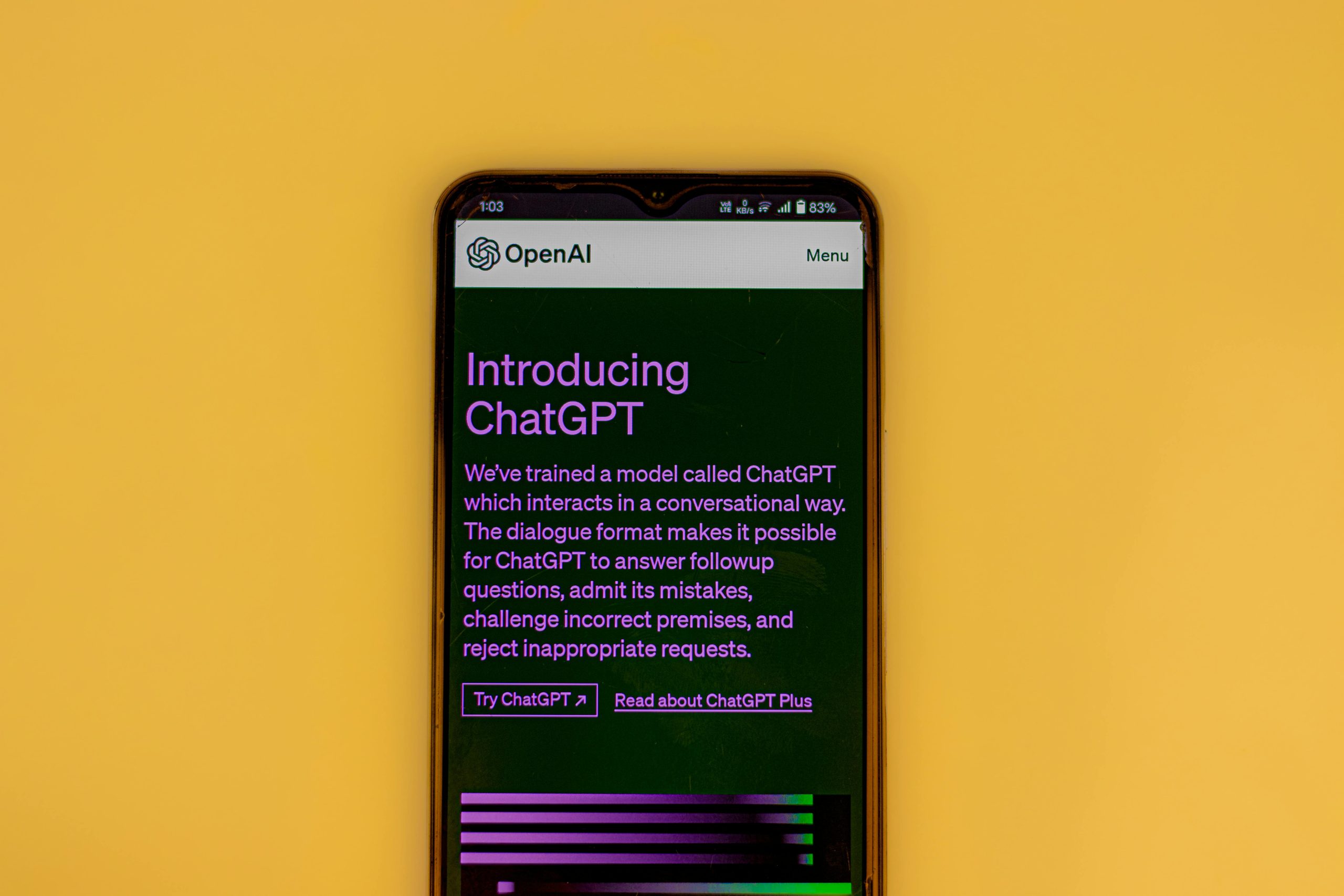Workslop Makes Colleagues Think Less of Each Other
The Growing Challenge of “Workslop”: How AI-Generated Content Is Impacting Workplace Efficiency
In recent years, the integration of artificial intelligence (AI) into daily work processes has revolutionized many industries, boosting productivity and streamlining tasks. However, alongside these advancements, a new phenomenon has emerged—one that threatens to undermine collaborative efforts and overall workplace efficacy. This trend, dubbed “workslop,” refers to the proliferation of low-quality, AI-generated work that appears superficially adequate but fails to deliver meaningful results.
Understanding “Workslop” in the Modern Workplace
The term workslop has gained traction within professional circles to describe AI-produced content that masquerades as legitimate work. These outputs are often characterized by their passable appearance but lack the depth, accuracy, or substance needed to truly advance projects or solve complex problems. Employees, seeking quick solutions or shortcuts, increasingly resort to AI tools to generate reports, emails, presentations, and other work products. While this may seem efficient at first glance, it often leads to unintended consequences.
The Ripple Effect of Low-Quality AI Content
One of the most insidious impacts of workslop is the added burden it places on colleagues. When AI-generated work falls short, coworkers are compelled to review, edit, or redo tasks—effectively increasing their workload rather than reducing it. This cycle can contribute to frustration, diminished morale, and a decline in overall productivity. As social media and online forums become saturated with low-quality AI posts—colloquially referred to as “AI slop”—it’s clear that this is a widespread challenge extending beyond the confines of individual companies.
Implications for Organizational Performance
Organizations that overlook the rise of workslop risk eroding trust and collaboration within teams. When team members continually have to rectify superficial work, the quality of deliverables suffers, and project timelines may be jeopardized. Moreover, reliance on AI-generated content that lacks depth can hamper innovative thinking and critical analysis—key drivers of long-term success.
Navigating the Future of AI in Work Environments
To address the growing influence of workslop, organizations must establish clear standards and best practices for AI utilization. Encouraging employees to review and improve AI outputs rather than accept them at face value is essential. Training programs that emphasize critical thinking and content quality can help ensure that AI tools serve as aids rather than shortcuts.
For a comprehensive understanding of how workslop is shaping productivity and what














Post Comment